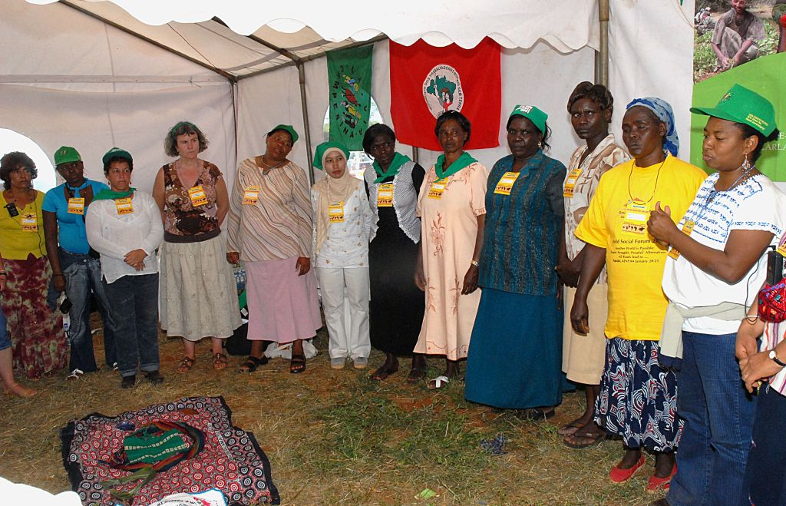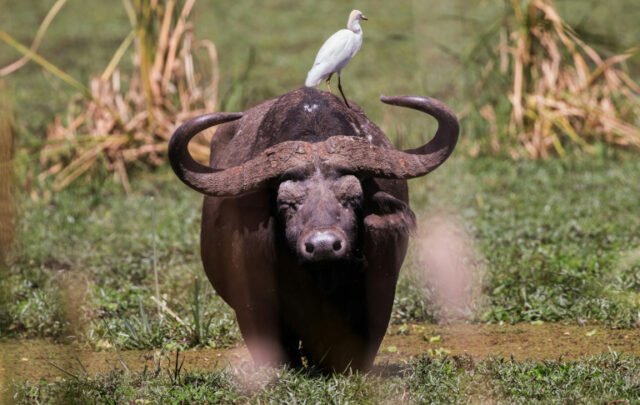The failure of the UN Food Systems Summit to adequately engage civil society is one key reason why hundreds of civil society organisations have decided not to participate.
In 2015 the United Nations General Assembly agreed to a 15 year action plan for sustainable development. The result was a collection of 17 interlinked global goals designed to be a “blueprint to achieve a better and more sustainable future for all”. The second sustainable development goal is related to zero hunger. In 2020, to accelerate action around the goals, the UN launched a decade of action. However, the world is not on track to achieve Zero Hunger by 2030. And instead of seeing reductions in hunger, we have seen increases, even before the Covid-19 pandemic.
Recognizing the urgent need for food system change and action, UN Secretary-General António Guterres declared that the UN will convene a Food Systems Summit (FSS) in 2021 as part of the Decade of Action to achieve the Sustainable Development.
The Summit claims it will launch bold new actions to deliver progress on all 17 SDGs, each of which relies to some degree on healthier, more sustainable and equitable food systems, noting that we can build a just and resilient world where no one is left behind.
However, many concerns have been raised about the approach the Summit has taken. Issues have been raised about high-level of corporate influence; lack of grounding in human rights; the lack of a truly transformative vision. Another major concern relates to the undermining of democratic institutions and inclusive multilateralism. This is reinforced by a failure of the FSS to build on the legacy of past World Food Summits.
Source: CSM4CFS twitter
Why this matters: participation and historical context
The UN Food Systems Summit has sought to develop a participatory process involving global, national and individual dialogues, but the process has lacked transparency, while bypassing existing processes and ignoring power relations.
It is widely recognized that to address the complexity of our food system challenges, those most affected and those already implementing solutions need to be central actors throughout the entire process. Over the last three decades, the UN has opened spaces for participatory engagement. The UN Committee on World Food Security (CFS) is a functioning example of a multi-level, highly inclusive participatory process that has been developing comprehensive policy outputs to support food systems change over the last 10 years. It brings together states, civil society, the private sector, philanthropic donors, researchers and other UN agencies and is supported by an independent panel of experts.
But the CFS was initially not even invited to the table. It was only added to the Summit’s Advisory Committee in November 2020.
Ignored history of engagement – CSM as a solution
When it comes to the CFS, there is an explicit commitment to prioritize the voices of those most affected by food insecurity. One way this is done is through the inclusion of civil society actors as full participants. BUT, how does civil society engage in CFS debates in practice?
The answer comes from a long history of trial, error and struggle that led to the establishment of the Civil Society and Indigenous Peoples’ Mechanism (CSM). The CSM is self-organized and autonomous, and has developed sophisticated governance mechanisms that ensure and facilitate grassroots participation. It is made up of participating organizations from 11 constituencies: smallholder farmers, pastoralists, fisherfolks, indigenous peoples, agricultural and food workers, landless, women, youth, consumers, urban food insecure and NGOs. Each constituency represents people who share a collective identity. At the same time, the CSM facilitates the participation of organizations from 17 sub-regions, to capture regional differences.
How does the CSM work?
Through its unique mechanisms and processes, the CSM manages to respect, foster, and give voice to this diversity of identities and experiences. At the same time, it helps the CSM constituencies articulate joint positions, so as to have more weight in CFS negotiations. This is quite an achievement considering that participating organizations, particularly those who organize small-scale food producers and consumers, have more than 300 million affiliated members from all continents. These are the most important contributors to food security and nutrition worldwide.
Source: CSM4CFS
The CSM also uses a quota system to ensure gender equity as well as a balance of generations and regions, enhancing diversity.
The CSM and the CFS are not perfect. Yet they represent an innovative and well-tested mechanism for participatory policy making that gives priority to the organizations and social movements representing the people who are most affected by hunger and malnutrition, recognizing that they are the organizations of the rights-holders that are the subjects of their own development.
It is often claimed that the CFS is ineffective and takes too long to make decisions. This is mistaken. The CFS, while highly under-resourced, has consistently developed high-quality policy recommendations. These recommendations are legitimate because they are the outcome of intergovernmental negotiations and benefit from the inputs of a diversity of actors, including the private sector. This is necessarily a messy process that requires time and debate. The CFS has put human rights at the core of food systems. Human rights are at the heart of these recommendations, building on existing international norms, with attached accountability mechanisms.
In contrast, the UN Food Systems Summit has not been designed as a governance space where true debates will take place and where valuable solutions will emerge through meaningful and inclusive dialogue. This is because of how the agenda was developed, who developed it and how participation has been organized. In addition, the UNFSS is a one-off event with no institutional follow-up capacity, while the CFS, with its decades of experience, is the natural place for long term dialogue.
Who will decide the future of food, and how?
For more information and to read the research that informs this content, check out:
Duncan, J. and Claeys, P. (2018). Politicizing food security governance through participation: opportunities and opposition. Food Security, 10, 6, 1411–1424.
Claeys, P. and Duncan, J. (2019). Do we need to categorize it? Reflections on constituencies and quotas as tools for negotiating difference in the global food sovereignty convergence space. Journal of Peasant Studies. 46(7).
Claeys, P. and Duncan, J. (2019). Food sovereignty and convergence spaces. Political Geography. 75, 102045.
Teaser graphic credit: Women members of Via Campesina during the 7th World Social Forum (Nairobi, 2007) By Valter Campanato/ABr – Agência Brasil: http://www.agenciabrasil.gov.br/media/imagens/2007/01/23/1445VC051.jpg/view, CC BY 3.0 br, https://commons.wikimedia.org/w/index.php?curid=5520495








